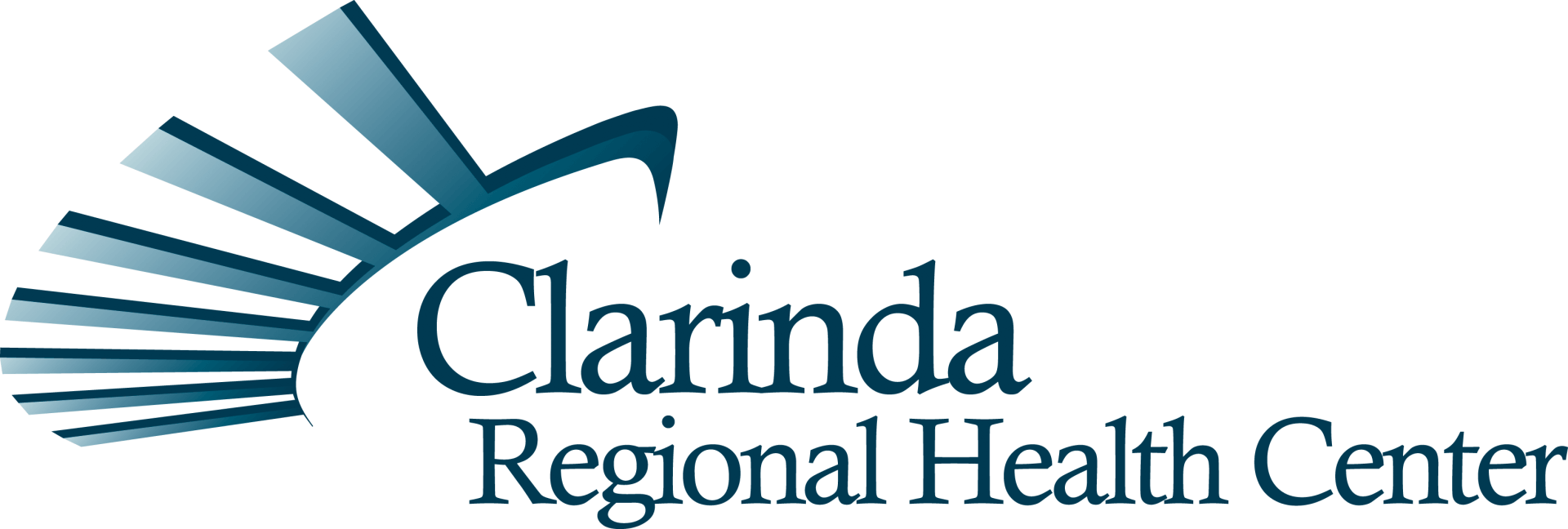Pediatrics

Read More about our Pediatric Services
► Sports Physical: A sports physical focuses on the athlete’s health history as it relates to the sport. Regardless of the sport, there is a risk of injury for any of them and in order to minimize the possibility of injury this type of physical is necessary. During the visit your provider will perform an assessment on your child’s physical health and look for potential health issues. Being physically active is important, but the doctor may give certain guidelines to ensure your child is safe both on and off the field.
► Immunizations: When you get an immunization, you’re injected with a weakened form of (or a fragment of) a disease. This triggers your body’s immune response, causing it to either produce antibodies to that particular ailment or induce other processes that enhance immunity. Immunizations protect us from serious diseases and also prevent the spread of those diseases to others. Our Pediatric Immunization Schedule from birth to teens can be found below.
► Developmental Assessment: involves the measure of a child’s attainment of physical or cognitive skills that allow continued maturation, learning, and function in society. Screening a child at different stages of growth may uncover certain disorders that affect learning, social interaction and physical development. Parents know their children best, so your input will be very important during this screening. It’s also important to bring any reports or concerns regarding your child to their checkups.
► Medication Management: is the monitoring of medications that a patient takes to confirm that he or she is complying with a medication regimen, while also ensuring the patient is avoiding potentially dangerous drug interactions and other complications. There are a number of aspects to medication management, all of which are focused on making sure that medications are used appropriately and ultimately serving the best interest of the patient. During this visit, refills, dosage adjustments and education could also occur.
► Evaluation of Chronic Diseases: About 25% of children in the United States aged 2 to 8 years have a chronic health condition such as asthma, obesity, food allergies, other physical conditions, and behavior/learning problems. The healthcare needs of children with chronic illness can be complex and continuous and includes both daily management and addressing potential emergencies (source.) These visits provide the child and family with a structured, comprehensive service plan to address their medical, nutritional, psychological and communication needs to enhance the child’s total well-being.
Immunization Recommendation
For more information on the immunization schedule visit the CDC website.
Help your child thrive and grow! Tracking how your little one plays, learns, speaks, acts, and moves helps you support their development. Enjoy the milestone moments from age 2 months to 5 years with CDC’s easy-to-use illustrated checklists; find fun and easy activities for each age; and find out what to do if you are ever concerned about how your child is developing.









